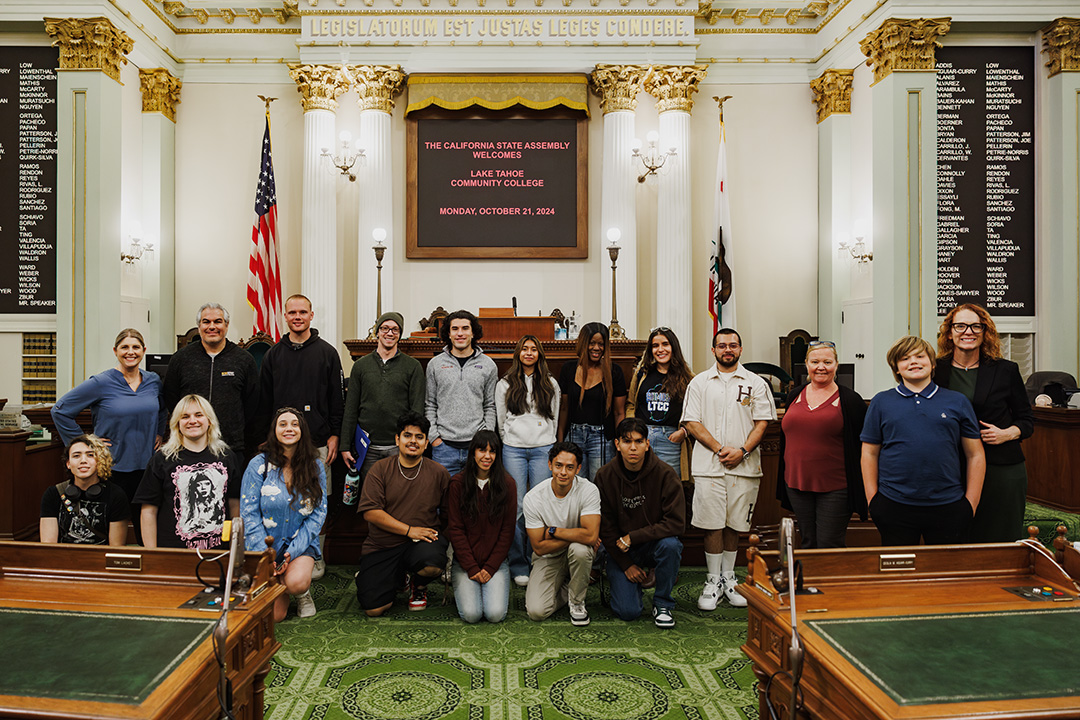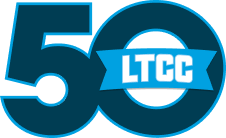Political Science

![]() The Political Science program at Lake Tahoe Community College helps students to improve
their reading and writing skills, and educates them on how to analyze arguments and
evidence to develop an understanding of governing institutions and the many policies
that officials enact. College is a time when people can not only immerse themselves
in study, but also evolve into more thoughtful human beings with informed opinions
on a variety of issues. As we explore the Political Science course content, we explore
our own lives, including our own values that are rooted in a worldview. Political
science is a unique discipline because we learn about how government functions and
the many ways that we might influence the actors who are directly part of the process.
The Political Science program at Lake Tahoe Community College helps students to improve
their reading and writing skills, and educates them on how to analyze arguments and
evidence to develop an understanding of governing institutions and the many policies
that officials enact. College is a time when people can not only immerse themselves
in study, but also evolve into more thoughtful human beings with informed opinions
on a variety of issues. As we explore the Political Science course content, we explore
our own lives, including our own values that are rooted in a worldview. Political
science is a unique discipline because we learn about how government functions and
the many ways that we might influence the actors who are directly part of the process.
Students interested in the discipline can earn an AA transfer degree in Political Science from LTCC, which requires coursework in History, Psychology, and/or Sociology as well as Political Science and Mathematics. Here you'll be exposed to a variety of subjects that will provide a solid foundation before you transfer to a university.
To assist our students with their college expenses, the Political Science department has adopted an open educational resource textbook for American Government (POL 101). This title has been authored by credentialed professionals in the field. We believe that the integrity of the instruction we offer is vital, and that includes the materials we use in the classroom. We adopt books and class materials that save our students money whenever possible. Sometimes that means an OER title, and other times an earlier, less expensive, edition of a textbook title is acceptable.

Need program details? View the Course Catalog for complete requirements and the Program Map for your personalized course planning guide.
What might a student of political science do for a career? Teaching at the secondary or college level is always an option, but there are many others to choose from. For example, a person can work on a political campaign, as a staff member to an elected official, in a public opinion laboratory, or for a think tank. Political science is also an excellent major if you would like to attend law school and then become a practicing attorney in a private firm, or even a government agency. In addition, you could work for local, state, or federal government. Lastly, there are thousands of advocacy groups working on issues such as homelessness, criminal justice reform, the environment, and human rights. Your everyday work could be a cause that you believe matters in the world. Here I recommend consulting the U.S. Department of Labor's Occupational Outlook Handbook on political science, where you can learn more about the current and future job market for the field.
There are a number of student scholarships that you can apply for each spring. Scholarships make it possible to earn money for college that does not ever need to be repaid. While some of LTCC's scholarships are competitive, there is a wide variety available you can apply for for free that are awarded based on all kinds of qualities and interests.
Have a question?
Contact the Instructor!
